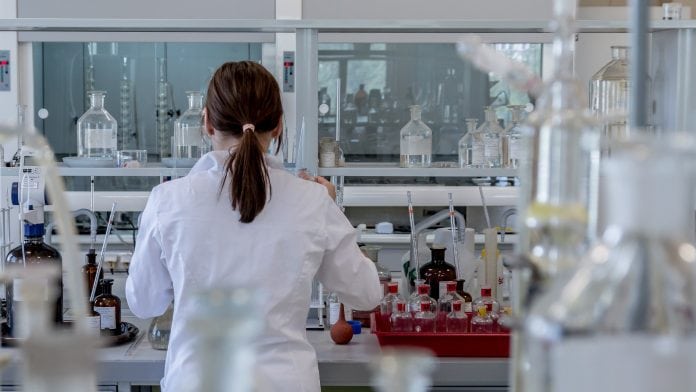
Johnson & Johnson announced today a new collaboration that will support novel vaccine development against Middle East Respiratory Syndrome Coronavirus (MERS-CoV).
Janssen Vaccines & Prevention B.V., part of the Janssen Pharmaceutical Companies of Johnson & Johnson, the Coalition for Epidemic Preparedness Innovations (CEPI) and The Jenner Institute at the University of Oxford, United Kingdom, are working together to not only enhance novel vaccine development against MERS-CoV, but are also striving towards developing advance novel vaccines against the Lassa and Nipah viruses.
Tackling viral threats
Paul Stoffels, M.D., Vice Chairman of the Executive Committee and Chief Scientific Officer, Johnson & Johnson said: “in our increasingly interconnected world, infectious diseases with pandemic potential pose a significant threat to global health, and new vaccines are urgently needed to ensure we are fully prepared for them.”
There are currently no vaccines to protect against the MERS, Lassa, and Nipah viruses, all of which are associated with significant mortality rates and can cause serious complications. Since MERS was discovered in Saudi Arabia in 2012, 27 countries have reported cases of this severe acute respiratory illness, and 35% of patients have died.
CEPI’s $14.6 million funding will enable ongoing clinical development of the vaccine through the phase 1 studies and manufacturing of clinical trial supplies. Dependent on the results of these studies, CEPI will have the option to provide additional funding for phase 2 development and manufacturing of an investigational vaccine stockpile available for use in the event of a MERS outbreak.
Stoffels concluded: “Johnson & Johnson is a strong supporter of CEPI’s vision because cross-sector collaborations will be essential to develop the tools we need to stay one step ahead. We hope that, together with The Jenner Institute, we can help advance the world’s first vaccines against the continuing viral threats of MERS, Lassa and Nipah.”
CEPI has also agreed to provide an additional $4.1 million of funding to support early-stage, preclinical development of candidate vaccines for the Lassa and Nipah viruses.
Lassa is a hemorrhagic fever, similar to the Ebola virus, that is difficult to diagnose. It can be especially dangerous for pregnant women, causing spontaneous abortion or maternal death. Whereas the Nipah virus causes encephalitis and severe respiratory symptoms, with a case fatality rate of up to 75%. In the past year, there have been serious outbreaks of Lassa fever and Nipah virus infection in Nigeria and India, respectively.
MERS-CoV, Lassa, and Nipah are cited by the World Health Organization in its 2018 list of priority diseases for which new innovations are urgently needed due to their epidemic potential.
Combining leading expertise
“We hope this collaboration will serve as a model for how the private and non-profit sectors can successfully work together to develop urgently needed vaccines in disease areas with high unmet need.” said Johan Van Hoof, M.D., Global Therapeutic Area Head Infectious Diseases & Vaccines, Janssen, and managing director, Janssen Vaccines & Prevention B.V.
The collaboration with CEPI and The Jenner Institute is the latest example of Johnson & Johnson’s ongoing commitment to global pandemic preparedness efforts. The company is one of the few innovative healthcare companies in the world today that is actively engaged across multiple disease areas that are central to this challenge.









